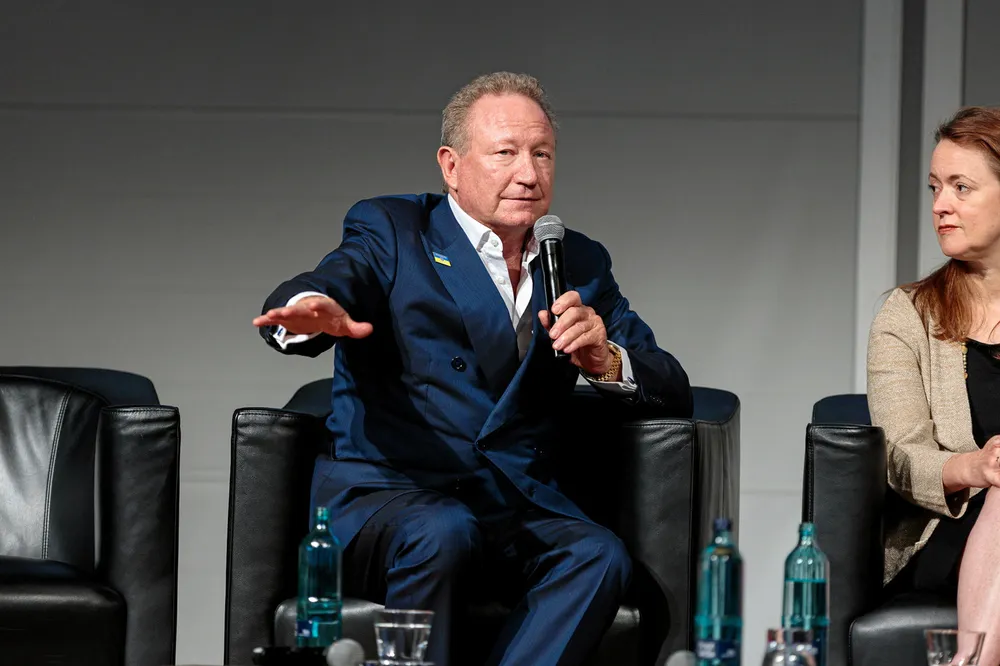Billionaire Forrest’s green hydrogen venture FFI is a 'cash burn' and shareholders should sell up, says Credit Suisse
Swiss bank recommends ditching shares in highly profitable Fortescue Metals Group due to risks posed by opaque green H2 subsidiary Fortescue Future Industries
